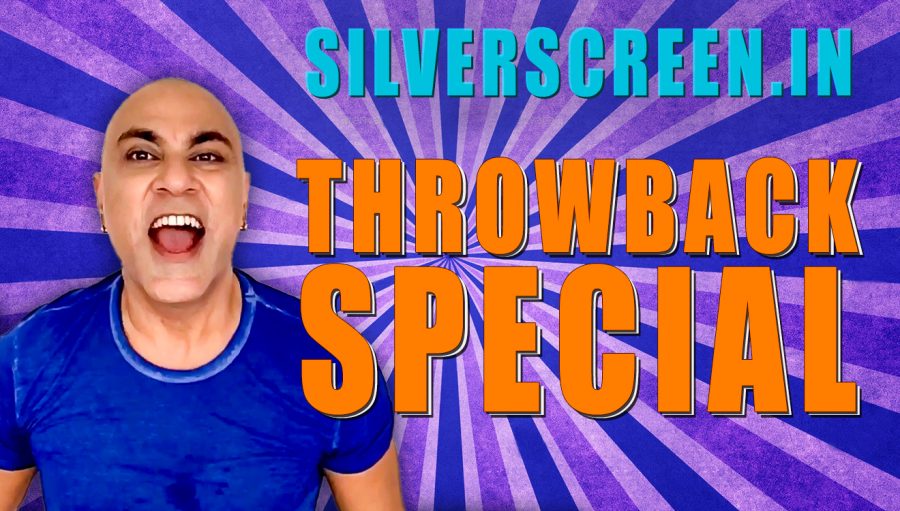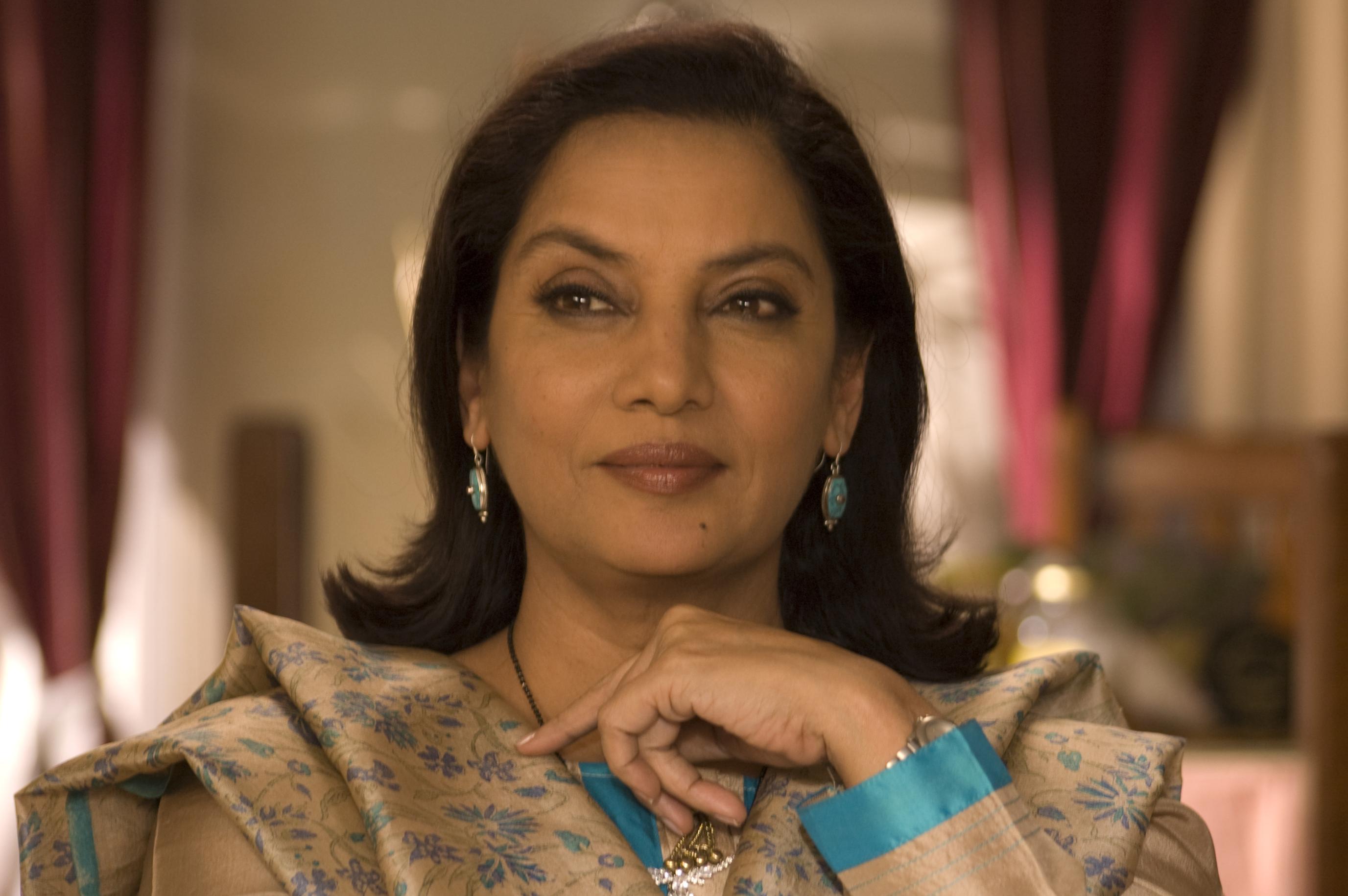In the 90s, when independent artistes were slowly making their way into the music scene, one could listen to a piece of music that wasn’t actually a part of a film. It was the time of MTV and Channel V. It was the time of Baba Sehgal.
I was introduced to Baba Sehgal’s music sometime around 1997. Back then, as a child left under the care of her unsuspecting grandparents, I would religiously watch MTV and Channel V – the two music channels that rose into prominence and played various genres throughout the day.
One afternoon, when I was nearly four, quite used to Kumar Sanu and Alka Yagnik’s voice echoing from the Onida TV screen, I witnessed a shirtless man with a receding hairline, singing about how his heart beat wildly watching a woman twirl in a ruffled dress. Someone bearing witness to this unusual scene might have considered it inappropriate as hell especially because Sehgal would talk about how he enjoyed chasing women despite their protests. But to the four-year-old me, it was an introduction to a style of music that even now the likes of Honey Singh and Badshah try to emulate, but don’t come close. To that four-year-old, Baba Sehgal was Dr Seuss even before she knew who Dr Seuss was – from where she learnt how to rhyme “musical horn” with “UK porn”.
It was novel to watch a man like Baba Sehgal, not conventionally good-looking and with a voice that could make you cry, in outlandish clothes and bling, but rapping with the panache of a street smart chichora on the roads of Delhi.
Baba Sehgal had long arrived in 1991 with his version of Vanilla Ice’s Ice Ice Baby aptly called Thanda Thanda Paani. He rapped, in slow verse, in fast verse, and pretty much included random words and scenarios in his songs that usually went in rhymes, eliciting a smirk if not laughs. Smirks because he had the guts to present himself like that – the ideal besharam who doesn’t take himself too seriously but holds the idea of entertaining people in high regard.
The 90s predominantly saw him juggle two acts: That of the lovestruck man chasing women, and his covers of popular songs from the West given a desi twist. The Baba Sehgal twist. They were original compositions, with stuff borrowed from here and there, whether it was ‘Hakuna Matata’ from The Lion King or the Hindi-Punjabi version of ‘I’m Too Sexy For My Shirt’.
Even before words such as ‘swag’ seeped in, Baba Sehgal transformed Punjabi bolis to party anthems. Case in point: His version of ‘Baari Barsi Khatan Gaya Si’, a wedding number which included a local ruffian courting a woman washing clothes, and Baba Sehgal in shades (it’s night time) holding on to his mic and being serenaded by multiple women. The 90s were a strange time indeed.
When artistes from his time like Anaida, Euphoria and Suneeta Rao were visibly keeping a low-profile, doing the metaphorical “sobering up” when their careers slowed down, Baba Sehgal began trying his hand at other things. Even as his music albums started finding less favour among the audience, he ventured into acting, singing for films, hosting shows and even participating in mind-numbing reality TV shows.
In Telugu cinema, he sang songs for Pawan Kalyan. In Kollywood, he sang the immensely popular ‘Kadhal Vandhale’ from Singam and ‘Osthe Maamey‘ from Osthe, and many songs that would come to be recognised as kuthu songs.
We saw him in films like Rudhramadevi and Achcham Enbadhu Madamaiyada, roles in which he played someone serious and aggressive. Someone so unlike Baba Sehgal.
Even otherwise, Sehgal manages to stay relevant thanks to social media. When you don’t catch him on screen, he tweets. Some would call it poetry. Some would call it random words that rhyme.
joh pasand hai vohi pakao, you were awesome @MannyPacquiao..
— Baba Sehgal (@OnlyBabaSehgal) May 4, 2015
kaise ho bhai ? do u know subhash ghai ?
— Baba Sehgal (@OnlyBabaSehgal) June 30, 2015
good morning @shakira, have u tried parantha with aloo jeera ?
— Baba Sehgal (@OnlyBabaSehgal) June 1, 2015
good morning @beyonce if i am not mistaken, ur husband war ur fiancé ?
— Baba Sehgal (@OnlyBabaSehgal) May 17, 2015
…But, Baba Sehgal continues to make use of the changing times.
In the time of Twitter, Facebook, and Vines, Baba Sehgal has become an icon of sorts with nonsense poetry and verse, rhyming ‘awaz’ (voice) with ‘pyaz‘ (onion). And when you have a pop song trending, be sure to watch out for a Baba Sehgal version of it, like his version of Luis Fonsi’s ‘Despacito’ titled ‘Dil Ko Na Peeto’ [Don’t beat your heart] or the most recent one – Ed Sheeran’s ‘Shape Of You’ which has become Sehgal’s ‘Tape Of You’.
He’s the one guy who can sing about the GST and still get away with it or sing an ode to adrak waali chai and still sound more poetic than some of the lyricists in cinema now.
If anything, Baba Sehgal is one of the few artistes who remains relevant even when his contemporaries have long given up or struggle to keep up with the times. Determined and funny, sometimes crass, sometimes silly, he’s the Indian Dr Seuss, someone who reigned much before ‘Aaj Blue Hai Paani Paani’.
*****
Featured Image: Screen grab from ‘Aloo ka Parantha’



